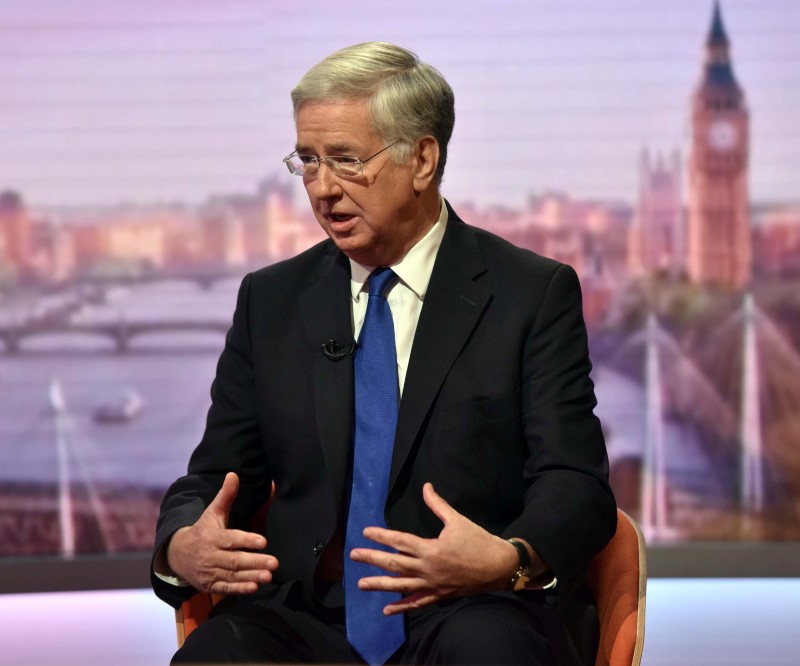LONDON (Reuters) - Britain said it would not make companies list or name their foreign workers after an outcry from business groups and opposition politicians who said any proposal to "name and shame" employers would be divisive and discriminatory.
"Let me absolutely confirm that is not going to happen, we are not going to ask companies to list or name or identify their foreign workers," defence minister Michael Fallon told BBC radio on Sunday.
Any data collected from companies would be used only to get a better picture of the extent to which different parts of the economy relied on foreign workers, he said.
Education minister Justine Greening said on ITV (LON:ITV) there would be "absolutely no naming and shaming" of companies.
Interior minister Amber Rudd said on Tuesday she would consider whether it should be harder for British companies to employ workers from outside the European Union under a new drive to cut immigration.
The government has said the June 23 vote to leave the European Union was a clear signal from British voters that immigration is too high.
Prime Minister Theresa May vowed last week to restore sovereignty and increase controls over migration, leading to a growing perception that Britain is on course for a "hard" Brexit where restricting immigration take priority over retaining access to Europe's single market.
The British pound took a pasting in the past week, falling to a 31-year low against the dollar, and rattling nerves on trading desks with a "flash crash" in Asian trading early on Friday that has not been completely explained.
A continuing concern in markets will be the deteriorating outlook for how Britain will manage its divorce from the EU, which May has said will begin in March.
Rudd said on Wednesday her employment initiative could "flush out" businesses that were not doing enough to hire British workers before recruiting foreign staff.
Employers' groups, however, said such a move would heap more bureaucracy on businesses facing uncertainty about Brexit, and send out a message that Britain was closed to the world.
"I think a lot of businesses would be saddened if they felt that having a global workforce was somehow seen as a badge of shame," said Adam Marshall of the British Chambers of Commerce.
A top adviser to former Prime Minister David Cameron said the move would kill Britain's reputation as an open, enterprising economy.
"It's not just that the scheme is obviously divisive and repugnant; it's insanely bureaucratic," Steve Hilton said in the Sunday Times.
The opposition Labour Party said on Wednesday the idea "ran counter to everything that this country has ever stood for".
Labour's interior spokeswoman Diane Abbott said the ruling Conservatives were in disarray following Rudd's "worrying" statement last week.

"The Tories anti-foreigner agenda is a distraction from their own complete failures of policy, and against the best interests of society," she said.